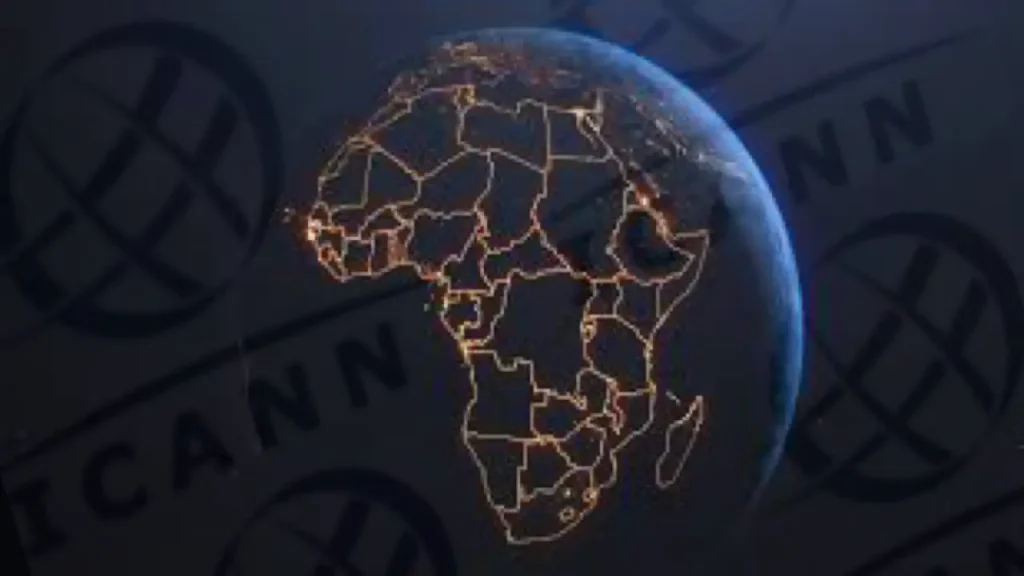- AFRINIC’s governance crisis has exposed fractures in communication between the receiver, members, and international observers.
- ICANN CEO Kurt Lindqvist’s public comments added pressure and confusion, highlighting the need for clearer roles and aligned messaging.
AFRINIC’s collapse triggers breakdown in communication channels
AFRINIC’s prolonged governance crisis—marked by court-ordered receivership and a collapsed board—has disrupted its ability to communicate effectively with members and stakeholders. Since early 2025, a court-appointed receiver has taken over, but members have received inconsistent updates on voting rights, elections, and registry procedures. This has created confusion and mistrust among the community, further complicating efforts to restore credibility. Multiple parties, including the receiver and international bodies, have shared guidance, but fragmented messaging has left members uncertain about timelines and legitimacy. The lack of unified direction and clarity remains one of the crisis’s most destabilising features.
Also read: Cloud Innovation supports ICANN’s move to derecognise AFRINIC, calls for successor to be immediately identified
Also read: Who is Eddy Kayihura? The scandalous past of AFRINIC’s former CEO
Receiver actions and outside expectations diverge
The Mauritian courts tasked the receiver with organising elections by September 2025. These elections were intended to re-establish AFRINIC’s board and resume proper governance. However, when the receiver annulled the June 2025 vote due to procedural issues, this decision clashed with expectations held by some international observers.
Kurt Lindqvist, as ICANN’s CEO, expressed concern over transparency and fairness in the election process. He called for new committee appointments and stricter oversight of voting procedures, including the treatment of proxy votes. While those comments aimed at ensuring accountability, the diverging interpretations of authority and process created further confusion for those involved.
Comments from Lindqvist fuel internal uncertainty
Though ICANN itself holds no legal authority in Mauritius, CEO Kurtis Lindqvist remained actively engaged in public discourse around AFRINIC’s recovery. In doing so, he raised questions about the election committee’s legitimacy and the court’s rulings on proxy submissions. These remarks, though framed as safeguarding internet governance standards, were perceived by some community members as overstepping.
Rather than bringing clarity, Lindqvist’s correspondence reportedly caused operational delays and left stakeholders unsure which guidance to follow. Without clearly defined roles between the receiver, local courts, and external advocates, internal coordination suffered—fuelled less by organisational failure than by mismatched priorities and messages from influential individuals.
Also read: Procedure or precedent? Rethinking ICP‑2 in AFRINIC’s aftermath
Also read: AFRINIC’s proxy vote scandal: What went wrong?
Rebuilding trust requires respectful, aligned communication
AFRINIC’s situation reveals how fragile internet governance can become when judicial, organisational, and personal views collide. Cloud Innovation, AFRINIC’s third-largest member, has called for the registry’s dissolution, arguing that conditions no longer exist for credible restoration. Meanwhile, repeated public interventions by figures like Lindqvist—however well-intentioned—have heightened tensions.
Moving forward, recovery will depend on clearer boundaries: the receiver must communicate within legal frameworks; members must be updated transparently and consistently; and external figures should support stabilisation efforts without overshadowing regional authority. Coordination, not confrontation, is the only path to restoring trust in Africa’s bottom-up internet governance system.

